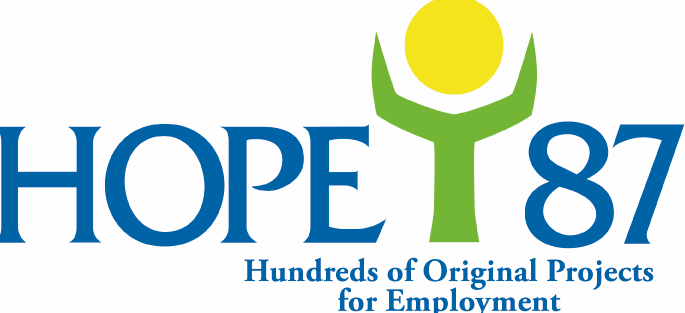Keynote speaker: Adil Najam, Moderator: Corinna Milborn
Panel members: Paul Knox Clarke, Véronique de Geoffroy, Adil Najam, Koko Warner
Whether it is droughts and heat waves in Europe or tropical storms in regions where they have not occurred before, whether it is wildfires in industrial countries or exceptionally severe floods in South Asia – climate change is no longer an issue for the future. Climate change is already a reality today. Measures not taken today to reduce emissions will automatically lead to the calamities of tomorrow. Meanwhile, the fingerprints of these disasters are traceable to their origins.
The consequences are now being felt directly and indirectly, in the environment as well as in the economy and in society – all over the world. Loss of livelihood leads to displacement, to migration to the next big city, to a neighbouring country, to countries far away, in the hope of survival or reasonable living conditions. Ultimately, what we see is that climate change and its consequences are reaching the polluters. We are coming full circle.
Today it is more important than ever to adhere to the humanitarian principles. The number of vulnerable people in low-income countries is increasing, and it is even in the interest of the high-income countries to provide proper assistance. Yet, while the global need for humanitarian aid is increasing, financial resources for adequate action are not growing at the same pace.
Presently the poor are more affected than the rich. But climate change is intensifying significantly. In the long run, this will exacerbate a range of social challenges, including food insecurity, disease, and displacement. Current conflicts are expected to escalate and expand and new ones will arise. Global instability will increase.
Of course, we must tackle the root causes of climate change. But, while we do so, we must not forget all the humanitarian crises following in the wake of climate change now and in the future. It is the responsibility of those having caused the problems to provide adequate resources for humanitarian assistance to be given to all those affected.
Addressing the problem is not a question of grace and charity but of justice and reason.
Main Ceremonial Hall/ Großer Festsaal


















